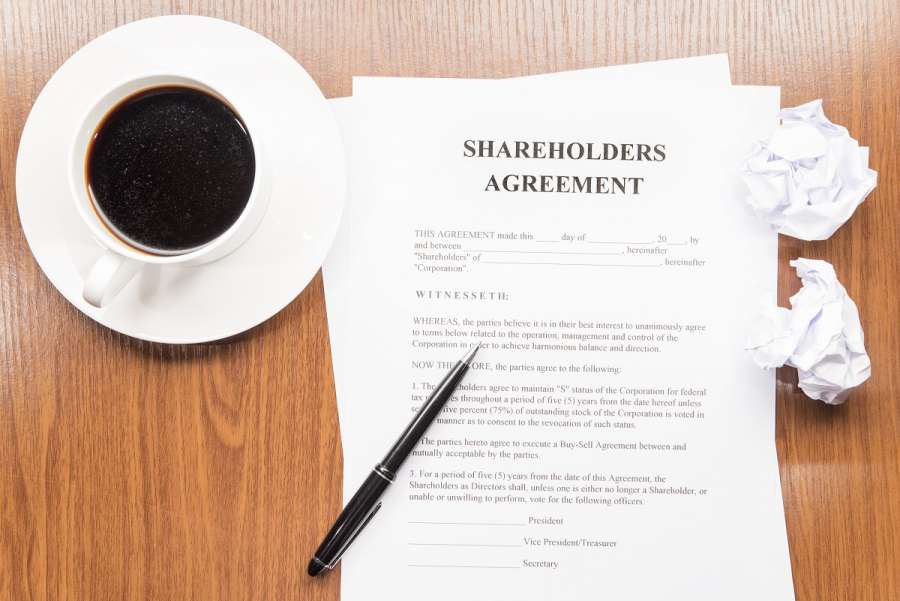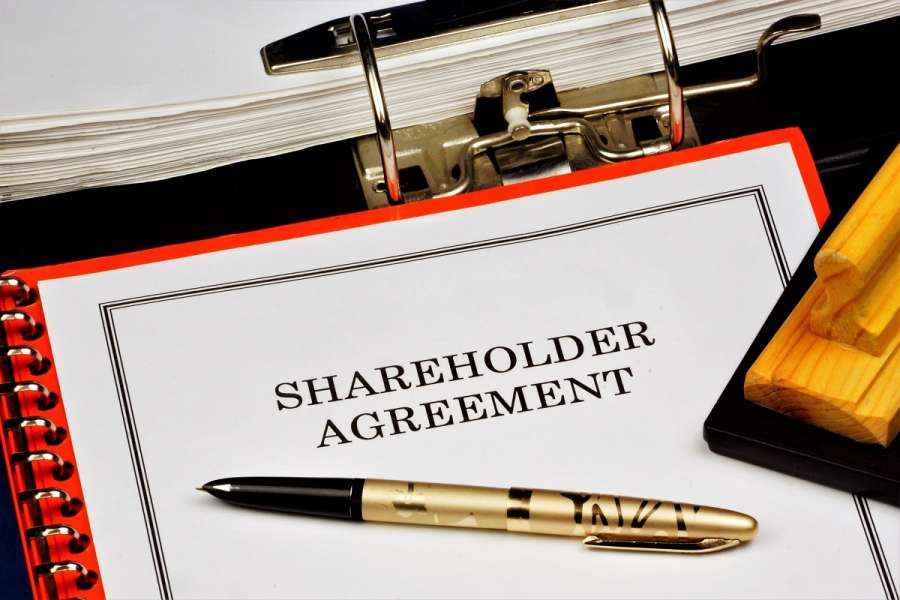Conversely, a shareholders' agreement is a private contract between the shareholders of a company and is not a legal requirement.
It can, however, be a useful agreement to supplement the Articles with matters which are more appropriate for a private agreement.
Shareholders' agreements can cover any matters of the shareholder's choosing but will commonly provide for topics such as:
- restrictive covenants (i.e. what a shareholder is prevented from doing after ceasing to be a shareholder of the company);
- dividend policy (to the extent there is a desire to keep this private);
- lists of "reserved matters" or veto rights;
- exit strategy;
- duties of specific shareholders (such as devoting time or expertise to the company);
- provisions for protecting the minority shareholders (e.g., access to information);
- dispute resolution; and
- good faith obligations.
While shareholders have certain rights to enforce the Articles, the shareholders can act for their own benefit without considering other members.
Accordingly, a shareholders' agreement is useful for documenting matters which may require direct enforcement between the shareholders and the company.



